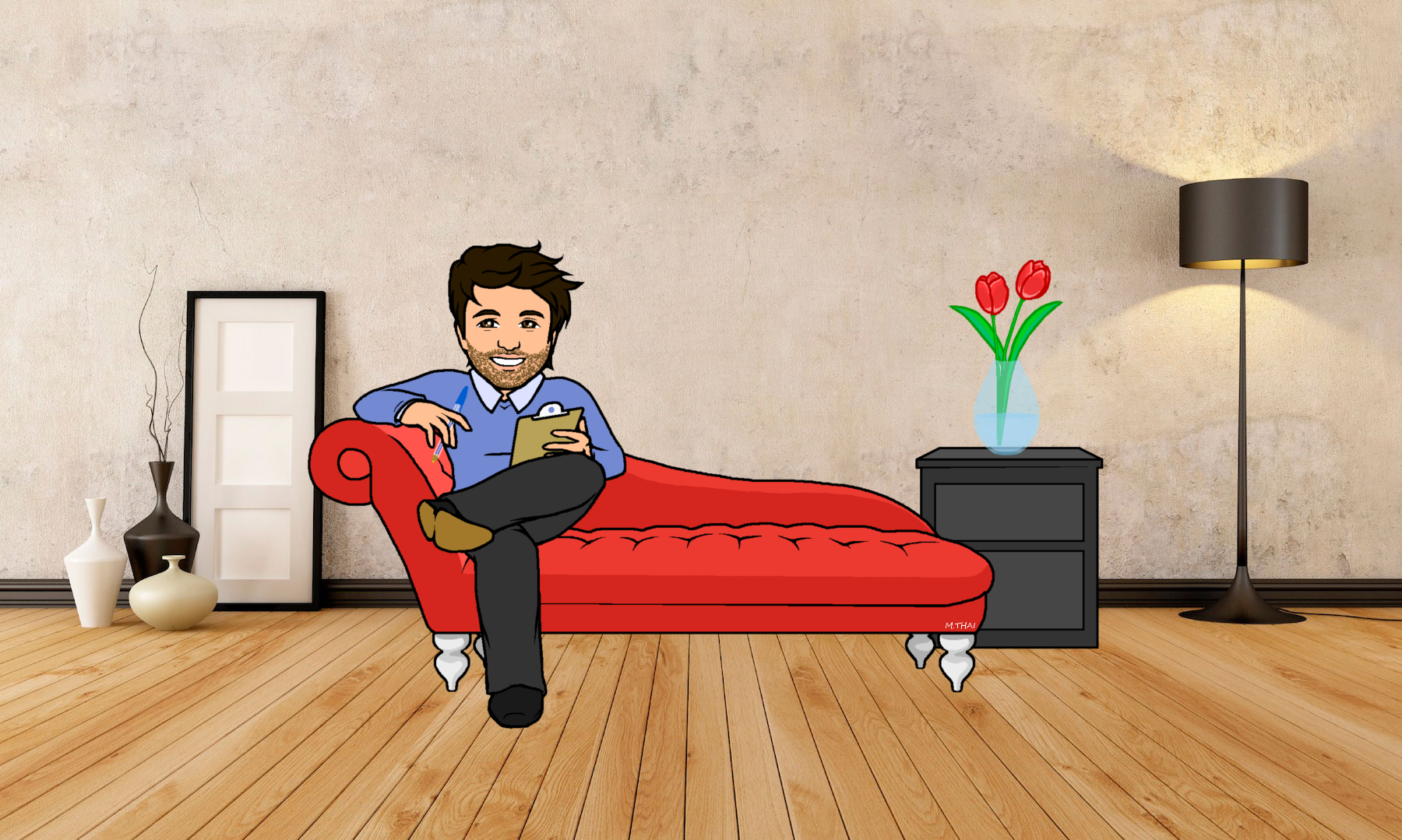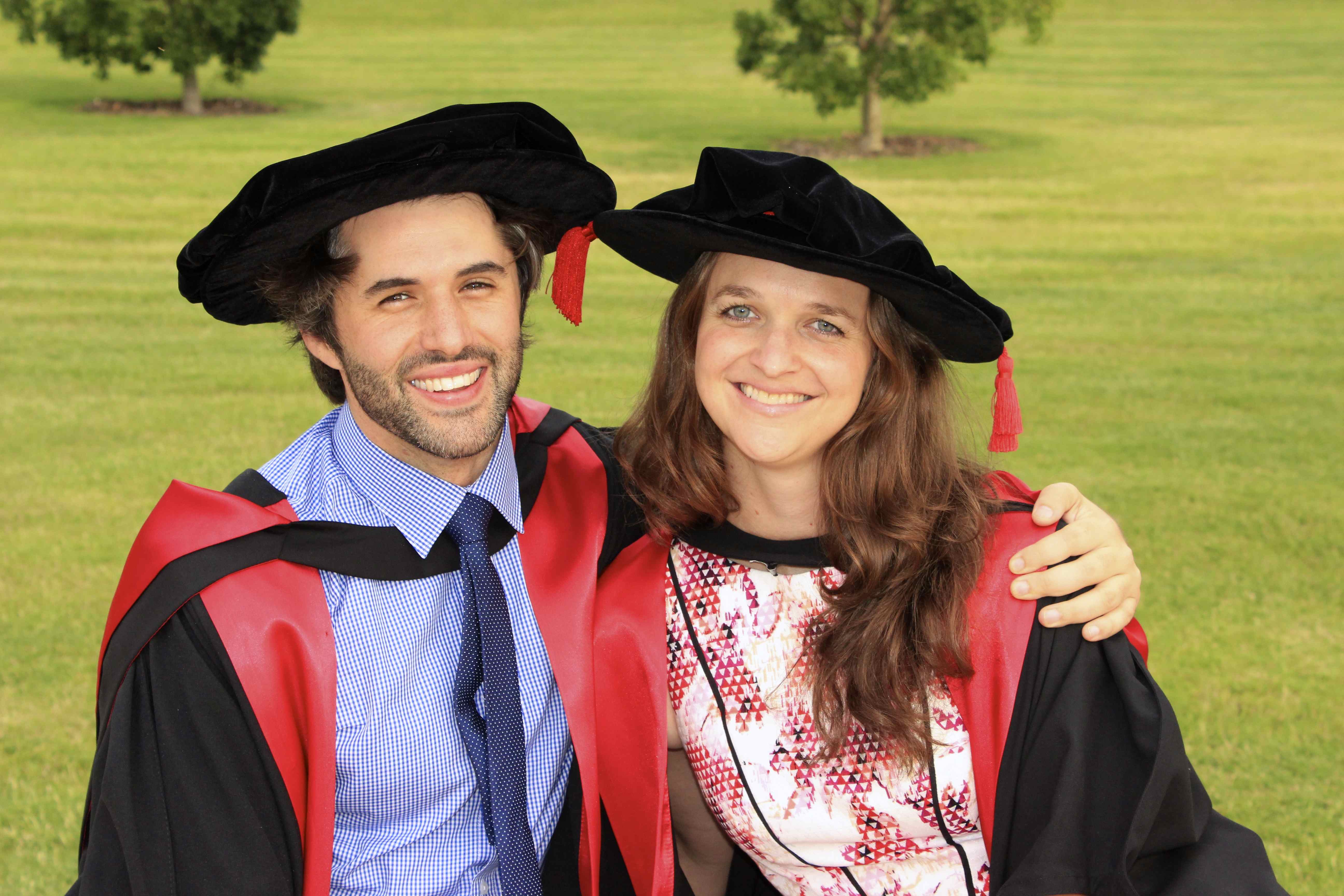My Day 1 Take Home Message from the Mindful Self-Compassion Workshop
Today was the first day of the 5-day Germer & Neff Mindful Self-Compassion workshop I am attending in Byron Bay. During the course of the workshop I made a pact with myself that I would keep a little diary of my key take home messages. I thought this would help enhance my experience. I have never done this kind of ‘formal reflection’ about a workshop before, I guess it is somewhat of an experiment, and I’ll see how it turns out after the final day of the workshop.
Today was a great day though, and the key focus was on mindfulness. We were introduced to theory that underpins mindfulness, empirical evidence, and we did a number of mindfulness meditations. After the meditations we had an opportunity to discuss our experience. There are a variety of people attending the workshop such as clinical psychologists, teachers, nurses, and just people interested in the mindful self-compassion concept, which helps (I think), to give a variety of opinions during these discussions. This has helped broaden my understanding of the diverse range of experiences people can have with meditation as well, which has been an unexpected bonus for me.
But now let’s get down to business, the biggest and most interesting take home message from Day 1 for me was when our facilitators asked the group:
“How did people respond to you when you told them you were attending a 5-day mindful self-compassion workshop?”
This was a really thought provoking question, and one I had not really processed prior to attending. My family and friends are all pretty aware that I love this area. However, when given the time to reflect on this question it led to some self-discovery.
There were certainly some people I just told that I was attending a mindfulness course, as I thought if I told them about the self-compassion side of it they would just think I was being self-indulgent. Indeed, when I told a family member of mine that I was attending a 5-day mindful self-compassion course he replied with “what a luxury”. At the time I really didn’t think anything of it, but now I am left wondering three things; (a) did he see it as me being ‘selfish’; (b) what about the course did he see as a luxury – was it the self-compassion part or the 5-day part, and (c) if he does think it is the self-compassion part – isn’t it interesting that people can hold the view that being self-compassionate is a luxury. It gives me the sense that self-compassion might be viewed as a ‘treat’ or ‘extravagance’ instead of being a very helpful skill.
I think maybe it is the ‘self’ part of self-compassion that can make people think it is a bit egocentric, or selfish, or self-indulgent. And that well might impact on people’s willingness to engage and participate in helping cultivate their own self-compassion, which is somewhat disappointing. I think others also see self-compassion as being a bit ‘wimpy’. Often you hear the phrases, “you just need to soldier on”, “toughen up”, or “build a bridge and get over it”. However, self-compassion couldn’t be further away from being wimpy. It actually means turning towards your suffering, and really becoming aware of your pain – and that does take some courage. This approach is quite different to the typical running away from pain and distracting ourselves with other things, whether it be TV, avoidance, or maybe alcohol – I have been guilty of all three, and continue to be so at times.
I also found it interesting that I felt comfortable telling people I was doing mindfulness. I thought that was a great sign of how far mindfulness has come over the last 10 years, and how it has been accepted and in many ways is being embraced in Western cultures. However, I think the field of self-compassion has a long way to go.
What I think is interesting is that many people, including me, have some misconceptions about what self-compassion actually is. Yet I find we are pretty quick to judge or criticise it, despite not really knowing what it is or what the evidence says about it. Research has found that self-compassion is linked with a number of benefits, including reducing anxiety, depression, and rumination. It has also been found to increase life satisfaction and happiness. All of that sounds pretty good to me. And this is just the tip of the iceberg, it has been found to be associated with many other benefits, check out the Centre for Mindful Self-Compassion for more of the research.
So yes, I think it is a both a bit funny and a little sad that I was slightly worried about how others would view my attendance at a mindful self-compassion workshop. I certainly hope that self-compassion will be accepted and embraced in the forthcoming years as well as mindfulness is today. I am really looking forward to Day 2.



